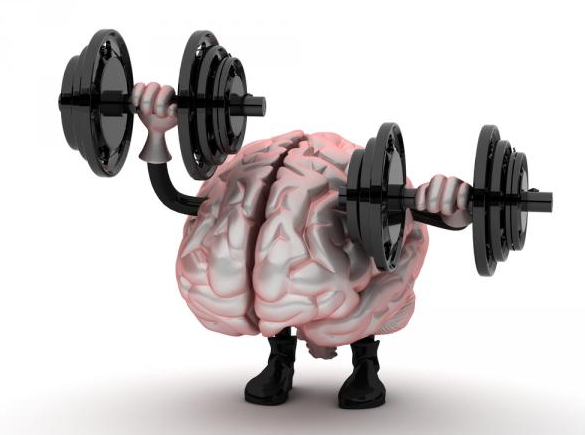
Autism is a condition that makes it hard for some people to interact with others, communicate, and avoid repeating the same actions. Although the precise causes of autism are not completely understood, extensive research has examined potential factors that could contribute to its onset.
One controversial question that has arisen is whether autism can be caused by injury, particularly brain injuries occurring during early development. Let’s explore the factors that may contribute to the development of this condition.
The Age Factor
When examining the potential connection between brain injury and autism, one crucial factor to bear in mind is the age at which the injury occurs—the early years of childhood witness rapid brain development, increasing its susceptibility to external influences. The age at which a brain injury occurs can significantly influence the likelihood of it being associated with the development of autism. Injuries that occur during pregnancy or in the early years of life, including birth injury causes, are believed to have a higher potential impact on the developing brain.
Understanding Brain Development
To comprehend how brain injuries might contribute to the development of autism, it is essential to understand the intricate process of brain development. The human brain goes through a series of complex stages, beginning in the prenatal period and continuing throughout childhood and adolescence. Regions in the brain undergo growth and maturation during these stages, forming the intricate neural networks responsible for various cognitive and behavioral functions.
Brain Injuries and Disruption
Brain injuries during critical developmental periods can disrupt these processes, potentially leading to neurodevelopmental disorders such as autism. In particular, injuries that affect the brain regions responsible for social cognition, communication, and sensory processing may increase the risk of developing autistic traits.
The Role of Genetics
While brain injuries during early development may increase the risk of autism, it is crucial to acknowledge the role of genetics in this complex condition. Autism has a strong genetic component, and many individuals with ASD have a family history of the disorder. Studies have revealed many genetic risk factors connected to autism, suggesting that a combination of inherited traits and environmental elements might contribute to its development.
Environmental Factors
In addition to genetics, various environmental factors have been explored as potential contributors to the development of autism. These factors include prenatal exposure to toxins, maternal infections, and certain medications. Brain injuries, especially those occurring during pregnancy or early childhood, can be considered an environmental factor that may increase the risk of autism.
Key Takeaways
The question of whether autism can be caused by injury, particularly brain injuries occurring during early development, remains a complex and evolving area of research. While studies have identified associations between brain injuries and an increased risk of autism, it is essential to recognize that autism is a heterogeneous disorder with multiple contributing factors.
Ultimately, addressing the needs of individuals with autism and their families requires a holistic approach that takes into account the diverse factors that may contribute to the disorder. Early intervention, supportive therapies, and a better understanding of the individual needs of people with autism remain essential in improving their quality of life and promoting their well-being.

















Follow Us